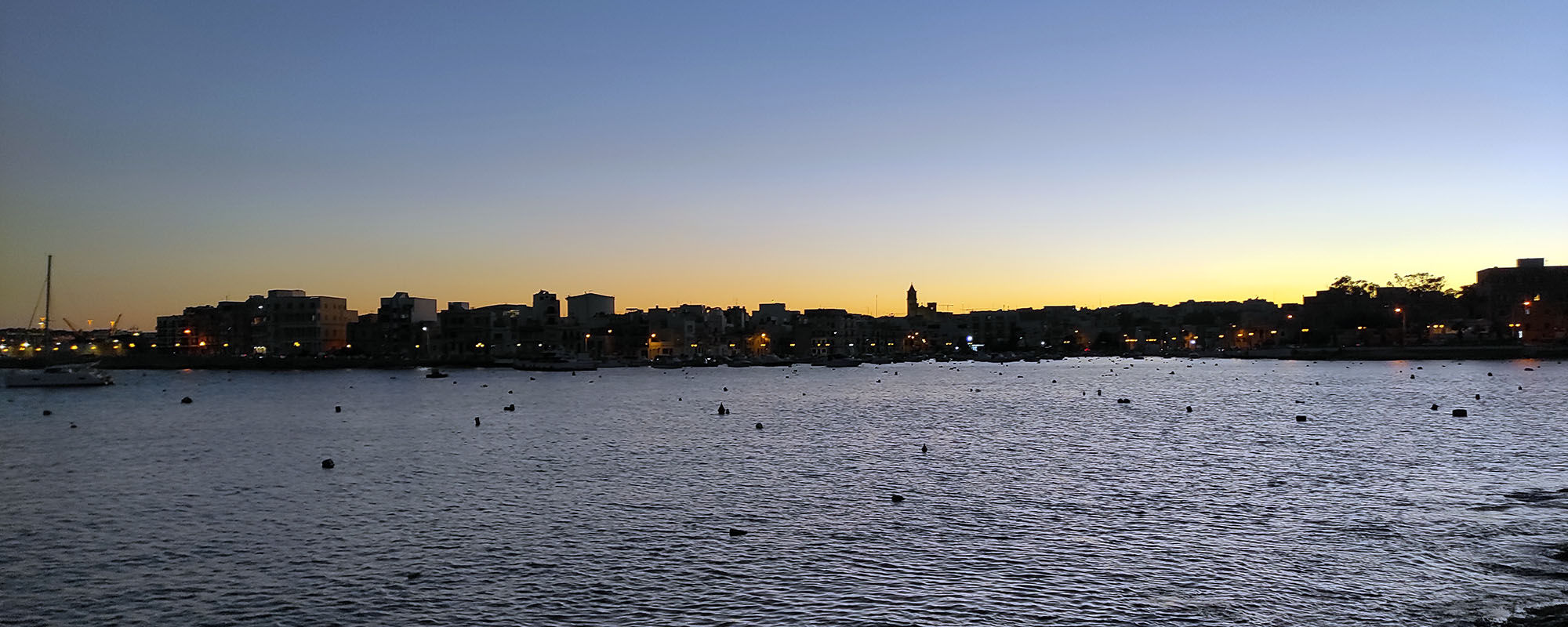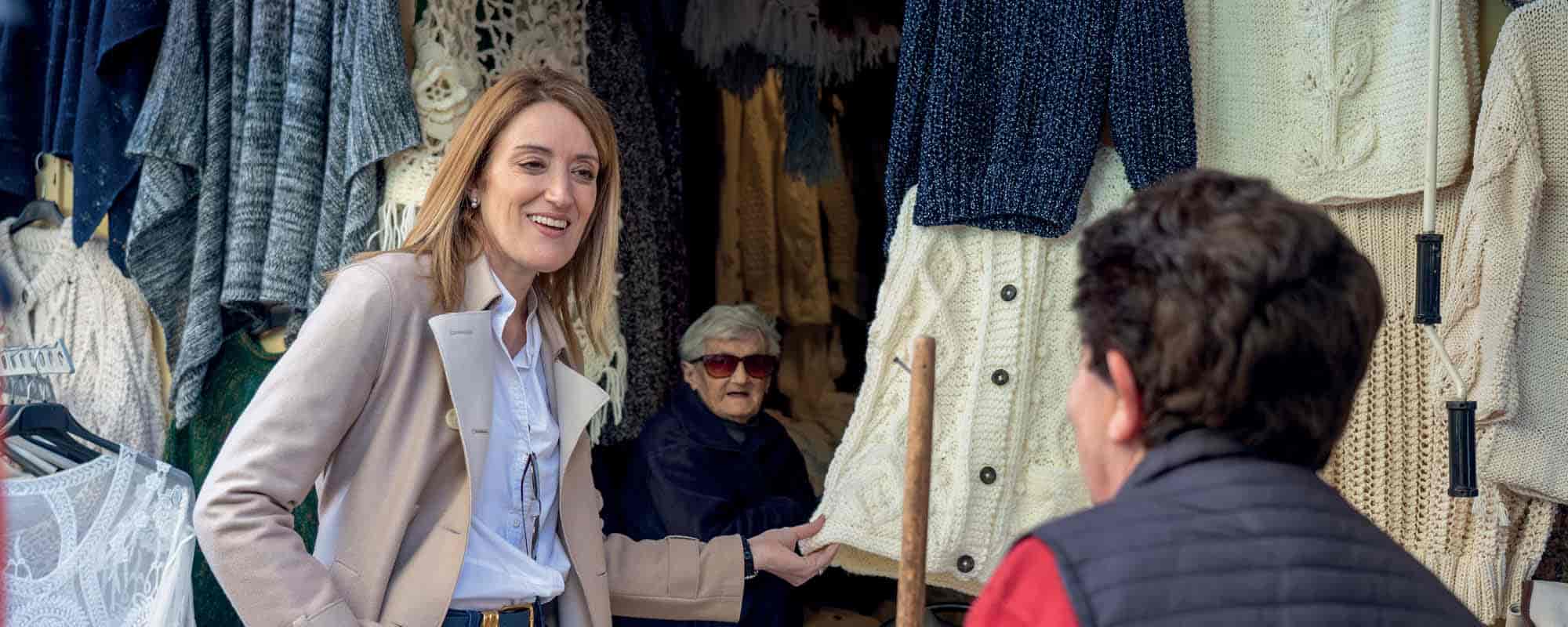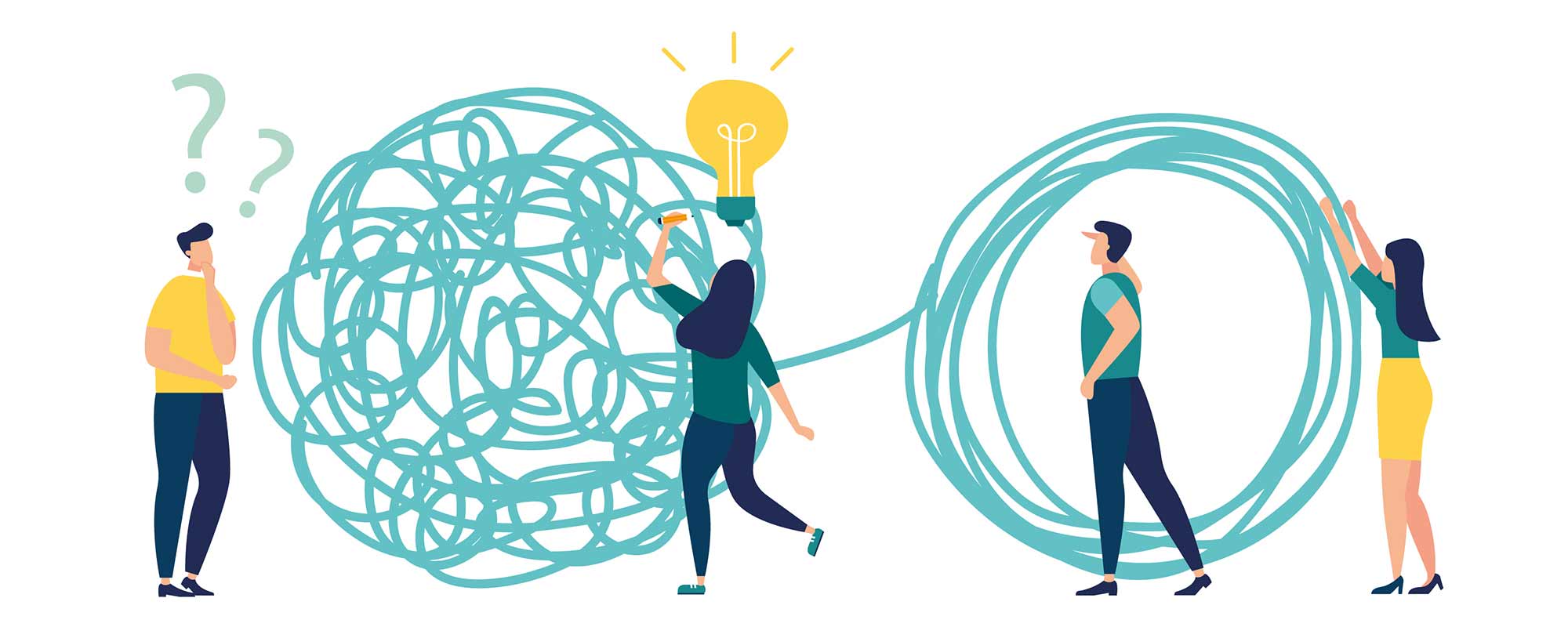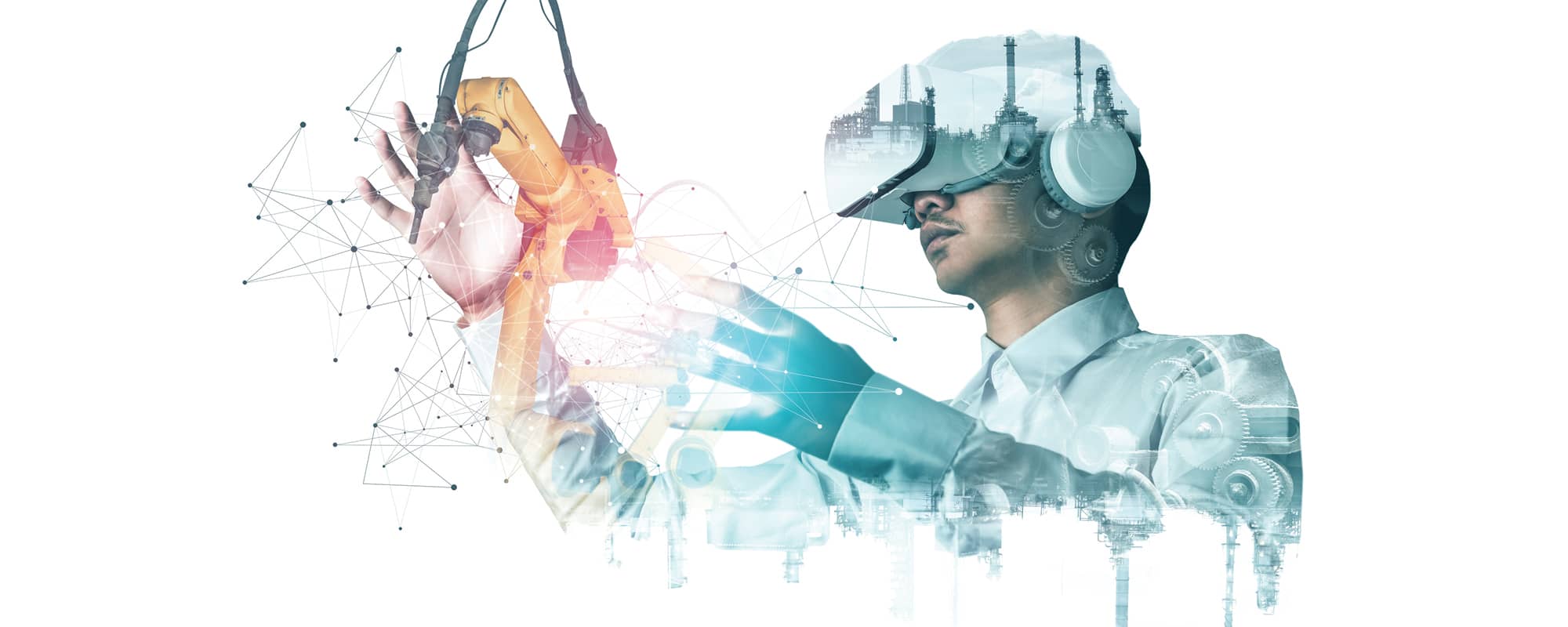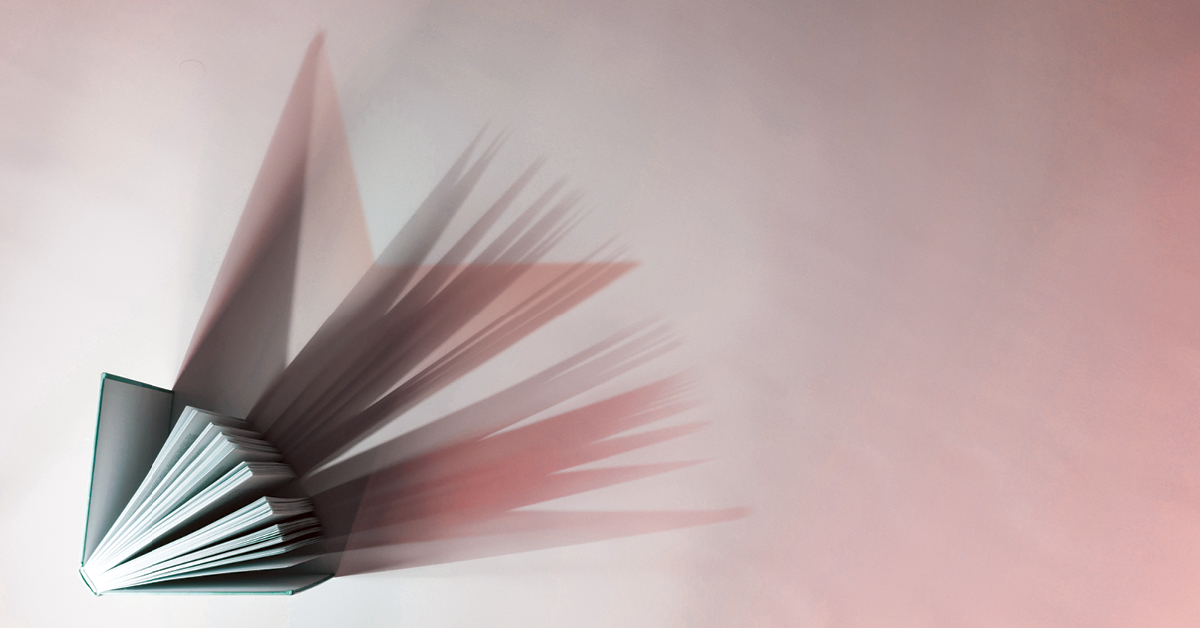Designer and visual artist Daniela Attard, known as ielladoodle, hosted Migration Nation, a multimedia art exhibit at Spazju Kreattiv. The exhibit deals with several important issues in both a worldwide and Maltese context. THINK visits the exhibit and speaks with Iella about her work and her time as a UM student.
Continue readingExploring Birżebbuġa through Soundscapes
Have you ever thought about the social implications of sounds? Daniel Gafà explored the locality of Birżebbuġa through its soundscapes. His study highlights the role that sounds play in shaping residents’ sense of place.
Continue readingMicromuseums with Mighty Value
University of Malta alumnus proposes the first-ever definition of a ‘micromuseum’. Dr John Vella, a doctoral graduate of the Mediterranean Institute, conducted this research after successfully defending his thesis on grassroots museums under the supervision of Prof. John Chircop. Vella continues to research and publish studies on themes concerning such museums.
Continue readingWhat Happens to Malta’s Private Collections?
Natalie Formosa shares her findings on private artists’ archives in Malta and the nation’s role in preserving such collections.
Continue readingExclusive: Metsola’s Road from Sunday Lunch Politics to European Parliament Presidency
Roberta Metsola took the helm of the European Union’s core decision-making body after a political career characterised by dedication and leadership prowess. With a year-long experience of being the President of the European Parliament, Metsola, a University of Malta (UM) alumna, talks to THINK magazine about the oft-bumpy road to the prestigious role.
Continue readingIs ChatGPT an Aid or a Cheat?
From the perspective of a student and an academic, how can ChatGPT be used in academia? Nathanael Schembri explores how the AI could be used to aid in assessments as well as scholarly work; such as in writing dissertations and research papers.
Continue readingHands-on Activities to Bridge Skills Gap between Education and the Labour Market
Public dialogue in developed countries is ramping up about transforming education systems to help students better prepare for their post-academic life. Yet the global business landscape faces severe talent shortages, fuelled by a particular lack of skills – not degrees or certificates.
Continue readingCyberselves 2077
We’ve been dreaming of robots for over a century, but are we any closer to having fully-automated robots? David Mizzi from THINK gets in touch with University of Malta (UM) alumnus and CEO and founder of Cyberselves, Daniel Camilleri, to talk robots.
Continue readingMaking Maltese Visible
It’s hard to imagine Maltese literature leaving a mark on the global stage. We might assume that there simply isn’t enough interest. But in a world that’s so increasingly globalised, is it fair to assume that a language that represents such a melting pot of identities has nothing to offer to the wider cultural market? The UK-based micro publisher Praspar Press, spearheaded by Kat Storace and Jen Calleja, is setting out to disprove that assumption.
Continue readingA Promising Early Career Researcher
Though she did not take the easiest path, a desire for new knowledge and the application of mathematics in complex problems has led Dr Martha Borg to critical acclaim in the field of theoretical chemistry. Here she tells Becky Catrin Jones how she fought through many challenges to achieve her goals.
Continue reading

